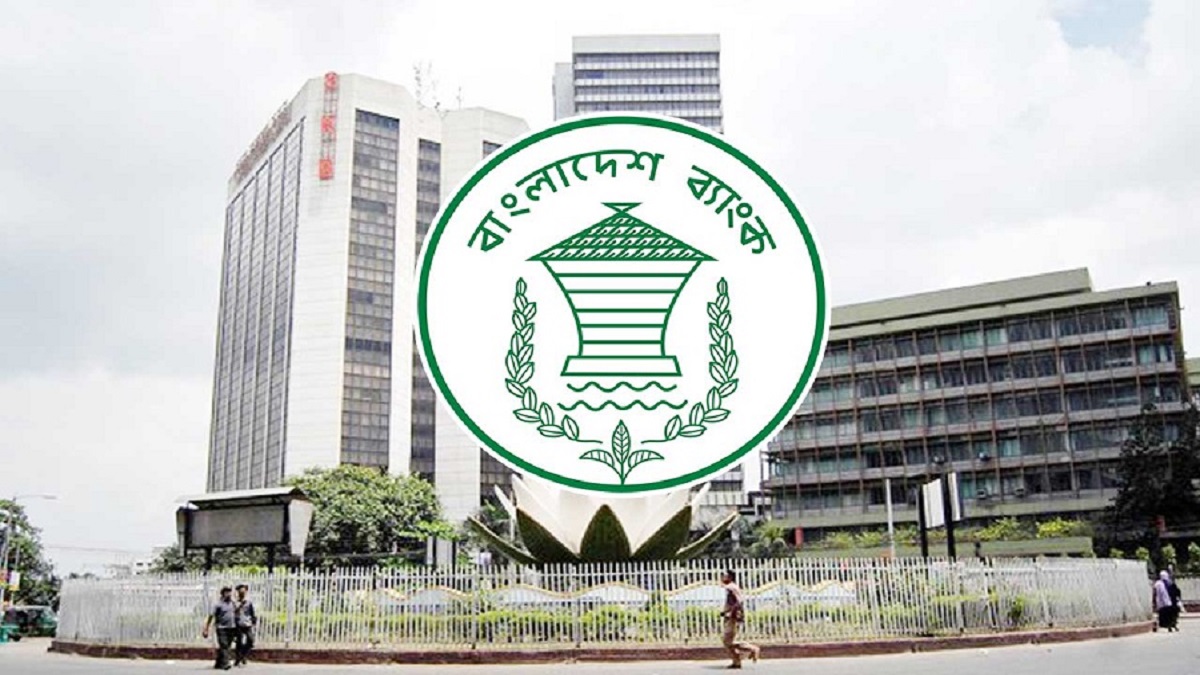Bangladesh Bank unveils draft regulation for payment system operators
BY Insider Desk
November 08, 2025

Bangladesh Bank has released the draft Payment System Operator (PSO) Regulation 2025 to align the country’s payment services framework with the newly enacted Payment and Settlement Systems Act 2024.
The central bank published the draft this week, seeking public feedback before finalising the regulation through consultations with industry stakeholders. Once approved, the new rules will govern licensing, capital requirements, operational standards, and accountability mechanisms for PSOs that facilitate payment transactions across Bangladesh.
Under the proposed framework, every PSO will be required to maintain sufficient funds in a Trust and Settlement Account (TSA) at the end of each business day to cover all outstanding merchant liabilities fully. Any shortfall in the TSA will trigger a penalty, whichever is lower between Tk 30 lakh or the Standing Lending Facility (SLF) rate, currently 11.5 percent.
Directors, chief executives, and treasury officers will be held personally liable for such shortfalls. If a deficit continues for more than 14 days, an additional fine of Tk 10,000 per day will apply.
The regulation reiterates that PSOs—acting as intermediaries for acquiring, processing, and clearing payments—cannot issue electronic money. All settlements must be executed through scheduled commercial banks. Authorised services include merchant and ATM acquiring, and payment switching. Among existing PSOs are SSLCOMMERZ, shurjoPay, IT Consultants Ltd, aamarPay, and PayStation.
To qualify for a licence, applicants must be incorporated under the Companies Act 1994 with payment services explicitly listed in their Memorandum of Association.
The licensing process will take place in two stages: first, through a No Objection Certificate (NOC), and then the main licence. The application fee is Tk 50,000, and the licence fee is Tk 5 lakh. Licensed PSOs must begin operations within 120 days of approval.
Minimum paid-up capital requirements will vary by service type, starting from Tk 1 crore for digital merchant acquiring to Tk 20 crore for ATM or cash recycling machine (CRM) services. Additionally, PSOs must maintain ongoing capital equivalent to 0.3 percent of their average monthly transaction volume for merchant and payment initiation services, and 0.1 percent for switching or card network operations.
Governance provisions require each PSO to have a board of at least five members, with two-thirds of the members being non-executive directors and a non-executive chairman. Board members must possess a minimum of five years of professional experience and meet standards of integrity and creditworthiness.
The chief executive officer must hold a graduate degree and at least five years of experience in finance, fintech, payments, IT, or telecommunications, including two years in a senior management role. Approval from the Bangladesh Bank will be mandatory for all CEO appointments, following a thorough background and credit check.
The draft also mandates PSOs to conduct full KYC verification of merchants, maintain written settlement agreements, and ensure that proceeds are transferred within five working days. Cash settlements will be prohibited.
For ATM and CRM operators, outlets must be located in secure and accessible areas, with downtime capped at 12 hours in urban and 24 hours in rural locations without prior approval. All PSOs will be required to operate a central monitoring system to ensure compliance and operational transparency.
Tags:
Most Read

Electronic Health Records: Journey towards health 2.0

Making an investment-friendly Bangladesh

Bangladesh facing a strategic test

Understanding the model for success for economic zones

Bangladesh’s case for metallurgical expansion

How a quiet sector moves nations

A raw material heaven missing the export train

Automation can transform Bangladesh’s health sector

A call for a new age of AI and computing
You May Also Like
